The human body is an impressive machine. Its ability to heal itself after an injury, like a bone fracture, is truly remarkable. However, it does need some help in the form of key nutrients, one of which is zinc. Today, we’re taking a closer look at the power of zinc for bone healing.
Zinc, a trace mineral, is essential for numerous physiological functions. It plays a vital role in promoting immune function, protein synthesis, wound healing, and DNA synthesis. Moreover, it’s crucial for growth and development during pregnancy, childhood, and adolescence.
But what about zinc’s role in bone health? Research indicates that zinc is vital for bone tissue renewal and mineralization, making it crucial for healing fractures. Zinc deficiency can impair bone growth and delay the healing process. So, ensuring adequate zinc intake when recovering from a fracture is paramount.
Zinc works in several ways to boost bone health and accelerate healing. It promotes osteoblast activity – these are the cells responsible for forming new bone tissue. Also, zinc inhibits osteoclast activity – these cells break down bone tissue, a process necessary for bone remodeling but detrimental when overactive. By balancing these processes, zinc fosters an environment conducive to bone healing.
Further, zinc enhances the production of collagen, a protein that forms the structural framework for bones. Increased collagen can strengthen the newly formed bone tissue, making it less likely to fracture in the future.
So, how can you ensure you’re getting enough zinc for bone healing? Firstly, focus on your diet. Foods rich in zinc include red meat, shellfish, legumes, seeds, nuts, dairy, eggs, and whole grains. However, if your dietary intake is insufficient, or if you have a higher requirement due to a fracture, zinc supplements might be necessary.
When choosing a zinc supplement, it’s crucial to consider the dosage and form of zinc. Most adults need 8-11 mg of zinc per day, but this can increase when healing from a fracture. Always consult your healthcare provider before starting any new supplement regimen, especially if you’re currently on medication.
Zinc supplements come in several forms, including zinc gluconate, zinc sulfate, and zinc citrate. Your healthcare provider can help determine which form and dosage are right for you, considering your overall health and specific needs.
Remember, while zinc is a powerful ally in your bone healing journey, it’s only one piece of the puzzle. A balanced diet, adequate rest, physical therapy, and regular check-ups with your healthcare provider are all part of a comprehensive post-fracture care plan.
Unleash the power of zinc in your post-fracture recovery. Give your body the nutrients it needs to heal effectively, and you’ll be back on your feet in no time.
External Links:
World Health Organization’s Information on Zinc
National Institutes of Health – Zinc Fact Sheet

